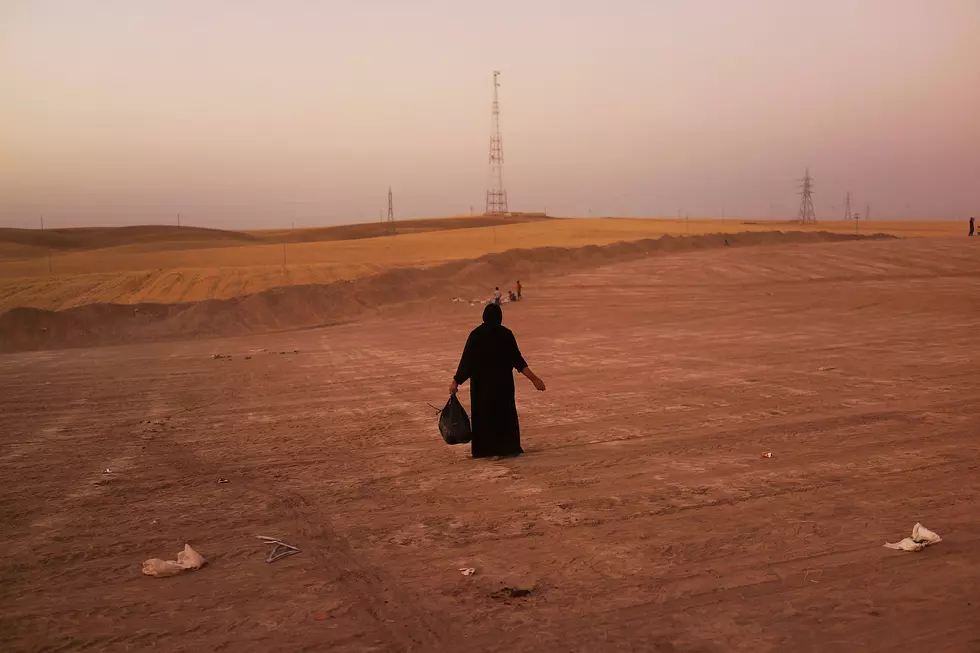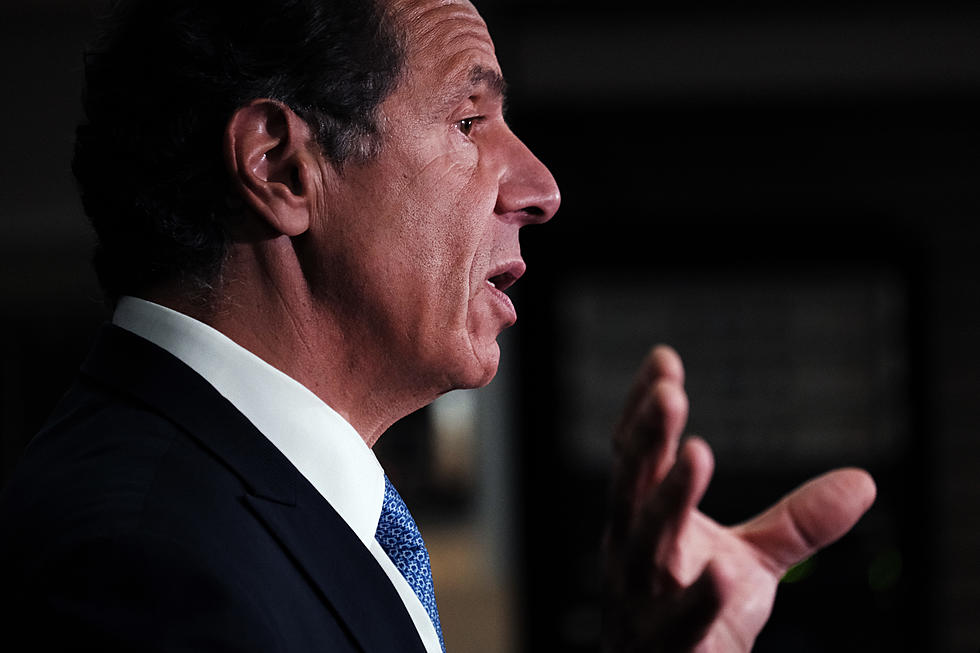
Conflict in Iraq Continues, Increasing Pressure on U.S.
ISIS, Islamic State in Iraq and Greater Syria, is a jihadist group aimed at establishing a single Islamic state based on sharia law. This group, along with other jihadists, have been making moves in Iraq, prompting heavy fighting as they seek to redefine borders amongst countries.. While David Cameron says that ISIS is the current biggest threat to national security, and the UK and Iran were jointly seeking stability in the Middle East, military action was generally ruled out. However, on June 15, President Obama did deploy roughly 275 troops into Iraq to protect United States personnel and property. They are to remain in the country until deemed no longer necessary.
On June 18, ISIS militants attacked the largest oil refinery in Iraq and began threatening to move into Baghdad. Iranian president Hassan Rouhani announced that his country would do whatever necessary to protect the holy sites located in the city. Kidnappings of Turkish and Indian workers have also been reported in various cities. These incidents highlight the escalation of religious tension in Iraq, which has long been a cause of unrest in the area.
ISIS also managed to breach the Iraq-Syria border, blurring the lines between the two countries, strengthening the jihadist group, advancing the goal of a single Muslim state, and bringing the two wars into a unified conflict.
In light of these circumstances, Iraq requested that the United States initiate air strikes against the insurgents. Despite the request, the U.S. indicated that a decision would take several days, as officials were hesitant at being drawn into another conflict in the Middle East.
On June 19, the chairman of the joint chiefs of staff, Army general Martin Dempsey, indicated that the U.S. lacked sufficient intelligence to engage in air attacks, citing the difficulty of knowing who was being attacked. Statements such as these increasingly indicate that the U.S. is reluctant to offer aid to an ally in need of assistance.
U.S. senators have also begun calling for the resignation of Iraqi Prime Minister Nouri al-Maliki due to sectarian policies and failed leadership. Though the U.S. has made no official request for the resignation, Maliki has stated that he will not step down as a condition of U.S. air strikes.
Senate majority leader Harry Reid claimed there has been sufficient authorization to carry out the air strikes. However, broader-scale action against the militants will require Congressional approval. After 9/11, action was approved only against Al-Qaeda and directly associated groups, which do not include ISIS.
Obama ultimately agreed to send 300 special forces troops into Iraq in order to assist the Iraqi military and prepare an assessment of ISIS to potentially prepare for an air strike against the militants. The deployment of these troops, however, raised concern about immunity from Iraqi prosecution. The issue was part of the reason for troops being pulled out of Iraq in 2011, but is currently addressed only in a written agreement.
As the fight continues, Syrian warplanes have struck border areas in the Anbar province. Over 120 civilians were wounded and 57 were killed in the attack. The Iraqi military claims that is is sufficiently prepared for an attack on Baghdad, but photos of the area have raised concerns due to lack of visible defense.
ISIS is currently estimated to have roughly 10,000 fighters in Iraq and across the border into Syria.
More From KTEM-AM
![Bullet Grazed Border Patrol Agent’s Head During School Shooting [PHOTOS]](http://townsquare.media/site/34/files/2022/05/attachment-Screen-Shot-2022-05-26-at-12.27.42-PM.jpg?w=980&q=75)



![Are Texans Being Bullied into Getting The Vaccine? [Poll]](http://townsquare.media/site/154/files/2021/09/attachment-Bullied.jpg?w=980&q=75)


